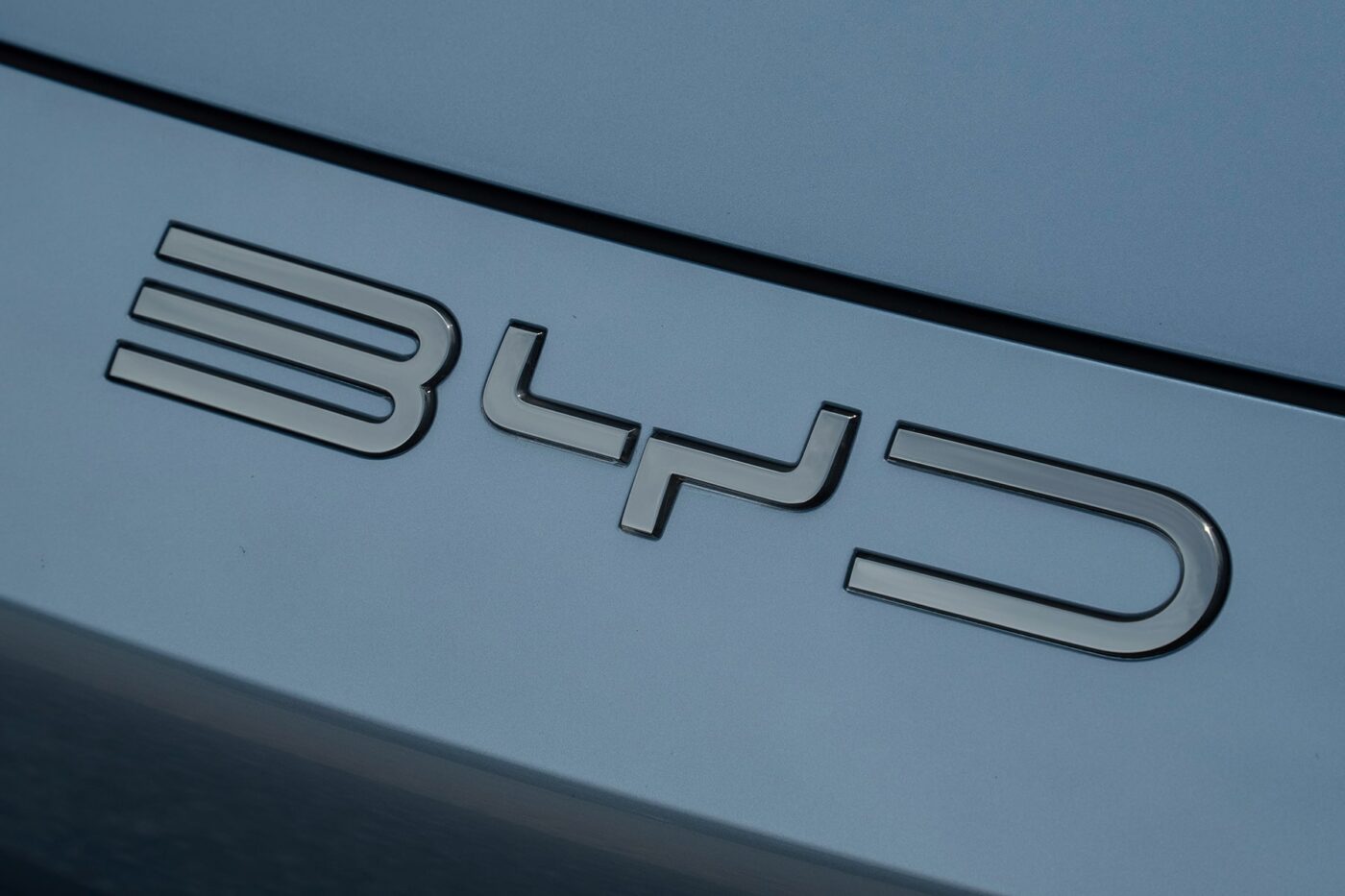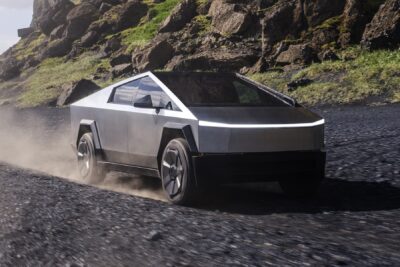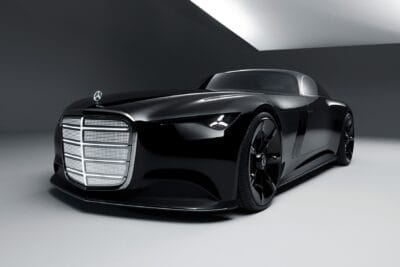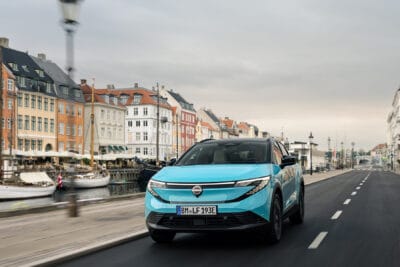BYD plans to build EVs in Turkey from 2026
According to the Turkish Ministry of Industry and Technology, both sides signed the agreement on Monday in the presence of Turkish President Recep Tayyip Erdogan. BYD will invest around one billion US dollars (around 920 million euros) in Turkey to build a production facility with around 5,000 jobs. There will also be a research and development centre for mobility technologies. BYD does not want to waste much time and open the factory in two and a half years.
“Thanks to Türkiye’s unique advantages such as its developing technology ecosystem, strong supplier base, extraordinary location and qualified workforce, BYD’s investment in this new production facility will further improve the brand’s local production capabilities and improve logistics efficiency,” the BYD said in a statement. “We aim to reach consumers in Europe by meeting the increasing demand for new energy vehicles in the region.”
Mehmet Fatih Kacır, Minister of Industry and Technology, commented: “We are in a historic day for our automotive industry. We took the first step of a huge investment to be made in our country.”
It is not yet official where exactly the plant will be built. However, the pro-government Turkish newspaper Yeni Safak states that BYD has been allocated an area in the province of Manisa (north of the port city of Izmir) for the site. Volkswagen is said to have been interested in this site a few years ago.
The news that BYD wants to build cars in Turkey had previously been leaked. Bloomberg reported on Friday that Turkey would conclude such an agreement with BYD. The new factory will make it easier for BYD to access EU markets, as the latter has imposed provisional tariffs on EVs from China, and Turkey and the EU have been linked by a customs union since 1995. Other car manufacturers also see this as a strategic location advantage. These include Fiat, Renault, Ford, Toyota and Hyundai, which have been producing in Turkey for decades.
According to EU plans, BYD could have to pay tariffs of 27.4 per cent (10% regular duty, 17.5% special duty) on its EVs imported from China. The tariffs vary from manufacturer to manufacturer and are supposed to offset subsidies that carmakers receive in China. They are still provisional and discussions with the Chinese government are ongoing.
However, the mere threat of tariffs could have accelerated BYD’s plans for a second EV factory in Europe. Turkey is an attractive market, as labour cost is low. And with China-friendly policies. Ankara announced on Friday, for example, that it was withdrawing its plans to impose an additional 40 per cent duty on all vehicles from China because it wanted to encourage investment.
BYD’s first European factory is being built in Hungary and will be operational by the end of 2025. In June, Stella Li, BYD’s Vice President for Europe and America, confirmed that a second production facility would be built on the continent. Europe is just one of several expansion regions for the Chinese company. Last week, the manufacturer opened an EV plant in Thailand and a factory in Uzbekistan, where two plug-in hybrid models are rolling off the production line. BYD has also taken over a former Ford factory in Brazil and is looking for a site for a plant in Mexico.
Like the planned plant in Turkey, the carmaker is not focussing on the local market but on the US. Together with Canada, these two countries form the NAFTA free trade region, which would allow BYD to import its cars built in Mexico duty-free into the US and Canada. BYDs built in China will be subject to 100 per cent duty when imported into the US from 1 August, and Canada is now considering such a move.
reuters.com, dailysabah.com, x.com, bnnbloomberg.ca, sanayi.gov.tr





0 Comments